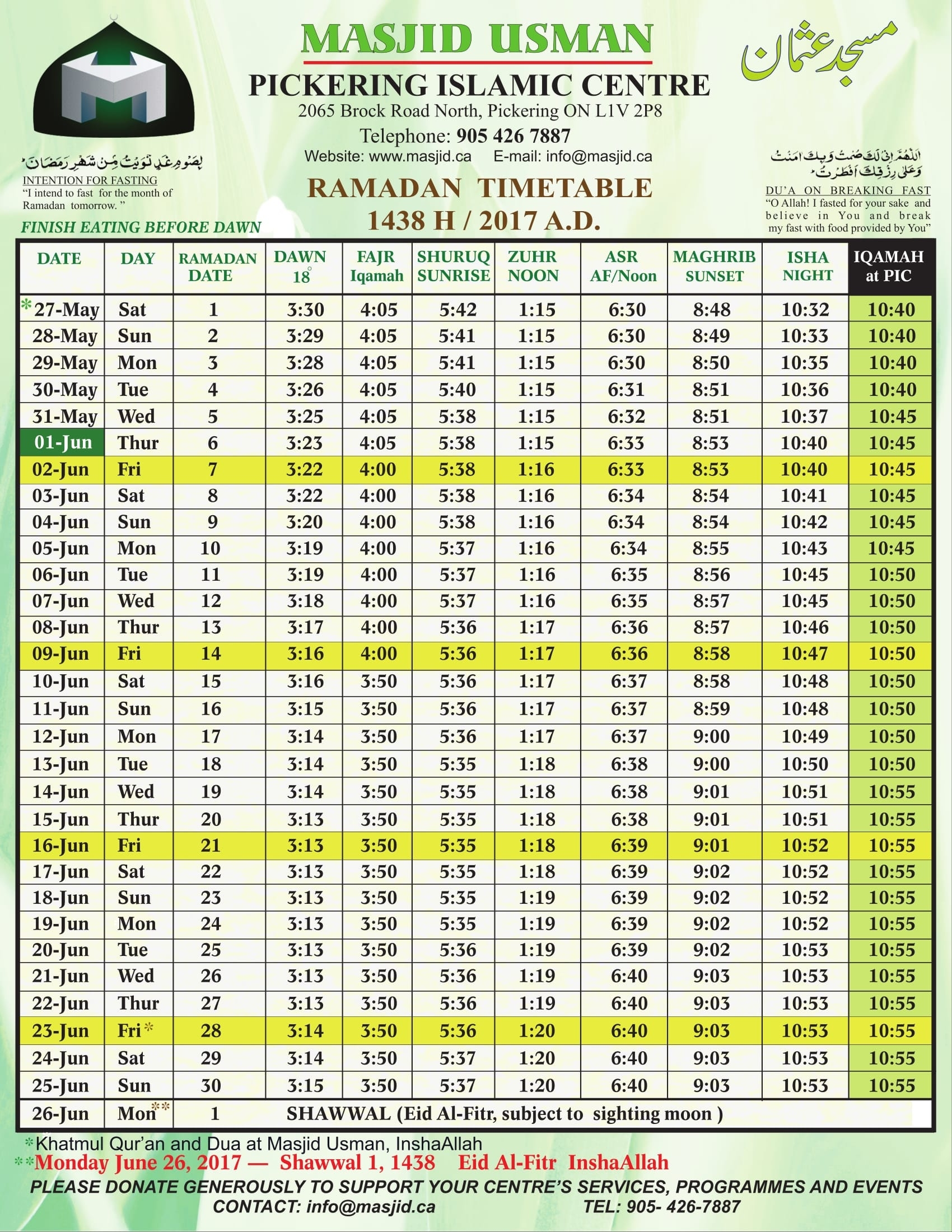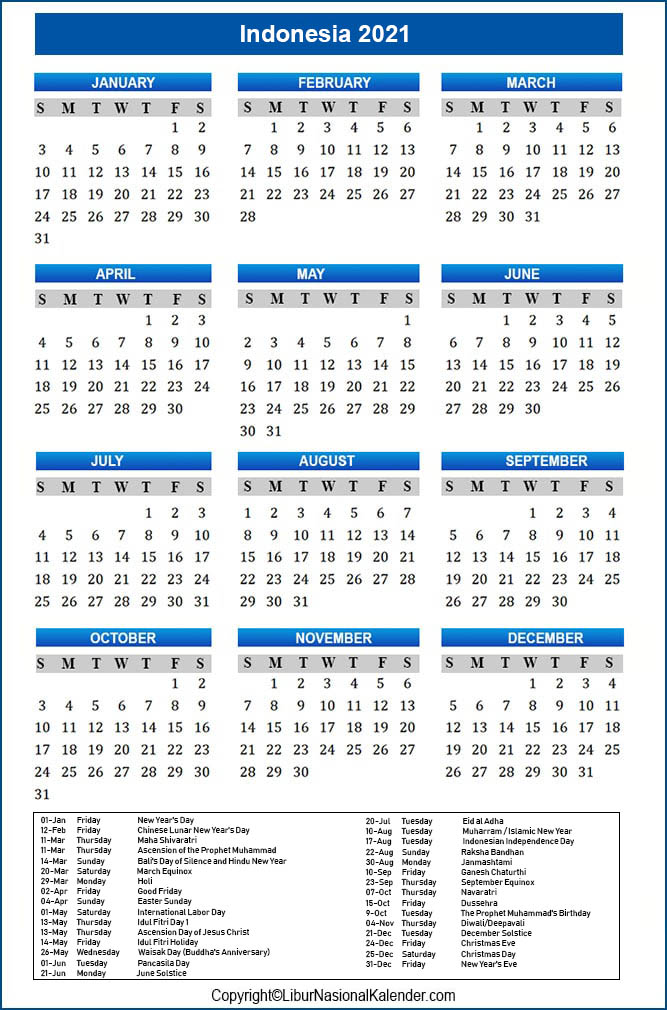
This Ramadan time calendar was printed on 13 March 2021. So Ramadan date could also be modified primarily based on Moon. Reasons for not fasting include travel, menstruation, women who are pregnant or currently breastfeeding, or those with disabilities or illnesses. In keeping with IFBD, this yr Ramadan will begin on 14 April. But those for whom fasting may be a hardship are not required to fast. A comprehensive guide on essential aspects of Islam, such as Salah, Fasting, Aqida, Taharat, Zakah and more. Muslims who have reached the age of puberty and are of good physical and mental health are expected to fast.

Muslims will also avoid negative acts like gossiping, lying, or arguing during the month.ĭo all Muslims have to fast during Ramadan? This ritual of daily fasting gives Muslims a period of spiritual reflection, and also provides health benefits to followers. At dusk, Muslims celebrate with the meal known as the iftar, which means "breaking the fast," often shared with family and friends. Before fasting each day, Muslims will begin with a pre-fast meal called suhur, and then begin the fajr, the first prayer of the day. These fasting periods can range from 11-16 hours per day. This stems from the Islamic belief that a good deed in Islam is rewarded 10 times, thus fasting for 30 days during Ramadan and six days during Shawwal creates a year’s worth of goodwill.Followers of the Islamic faith will celebrate Ramadan by fasting, not eating or drinking any food or water from dawn to dusk each day, according to the Islamic Networks Group. However, due to the Covid-19 restrictions still in place in the UK and other countries, the communal aspect of Eid will be hampered this year.Īfter Eid some Muslims decide to fast for the six days that follow. In normal years, it is traditional for Muslims to gather together in a park to celebrate breaking their fast, with large-scale events and festival food (particularly sweet treats), prayer and stalls. How is Eid al-Fitr celebrated?Įid al-Fitr’s name comes from an Arabic term which translates as the “feast of breaking the fast” and, although not a public holiday in the UK, it is for many Muslim countries. Those observing the fast are encouraged to read the Quran and the holy text is recited at the Tarawih, special nightly prayers that are held throughout the month.

Muslims are required to spend a period of 30 days abstaining from food and drink, including water, during daylight hours, as a means of celebrating and reflecting on their faith.įasting at Ramadan is one of the five pillars of Islam – the fundamental rules that all Muslims follow – along with the Shahadah (declaration of faith), Salat (prayer), Zakat (charity) and the Hajj pilgrimage.ĭuring Ramadan, there is an increased offering of the Salat, with Muslims giving thanks to Allah, while the fasting ritual allows them to understand the suffering of others. Ramadan marks the month when the Quran is said to have been revealed to Prophet Muhammad by God, and is marked by a month-long fast. Ramadan is the ninth month in the Islamic calendar, which consists of 12 months and lasts for about 354 days. As a result, the Holy month of Ramadan falls approximately 10 days earlier each year in the Gregorian calendar.” What is Ramadan? Some people argue that technological advancements in astronomy mean that the rising of the new moon can be calculated with unprecedented accuracy, meaning that a standardised start date can be used for all Muslims around the world, rather than having variations.īecause the festival of Ramadan is based on the lunar calendar, the month’s position in the more widely used Gregorian calendar varies.Īs the charity Muslim Aid explains: “The Islamic calendar follows the phases of the moon, commonly known as the lunar cycle. There is some debate as to whether the idea of a moon sighting should refer to you physically witnessing the moon in your region, which could be hampered by factors such as weather conditions, or whether to defer to sightings in Saudi Arabia or other regions. Like other Muslim festivals, the date of Eid al-Fitr is contingent on the sighting of the moon (Photo: Getty Images) This date was confirmed on Tuesday 11 May, when Saudi Arabia announced that the moon had not been sighted and that Eid would therefore fall on the Thursday.


 0 kommentar(er)
0 kommentar(er)
